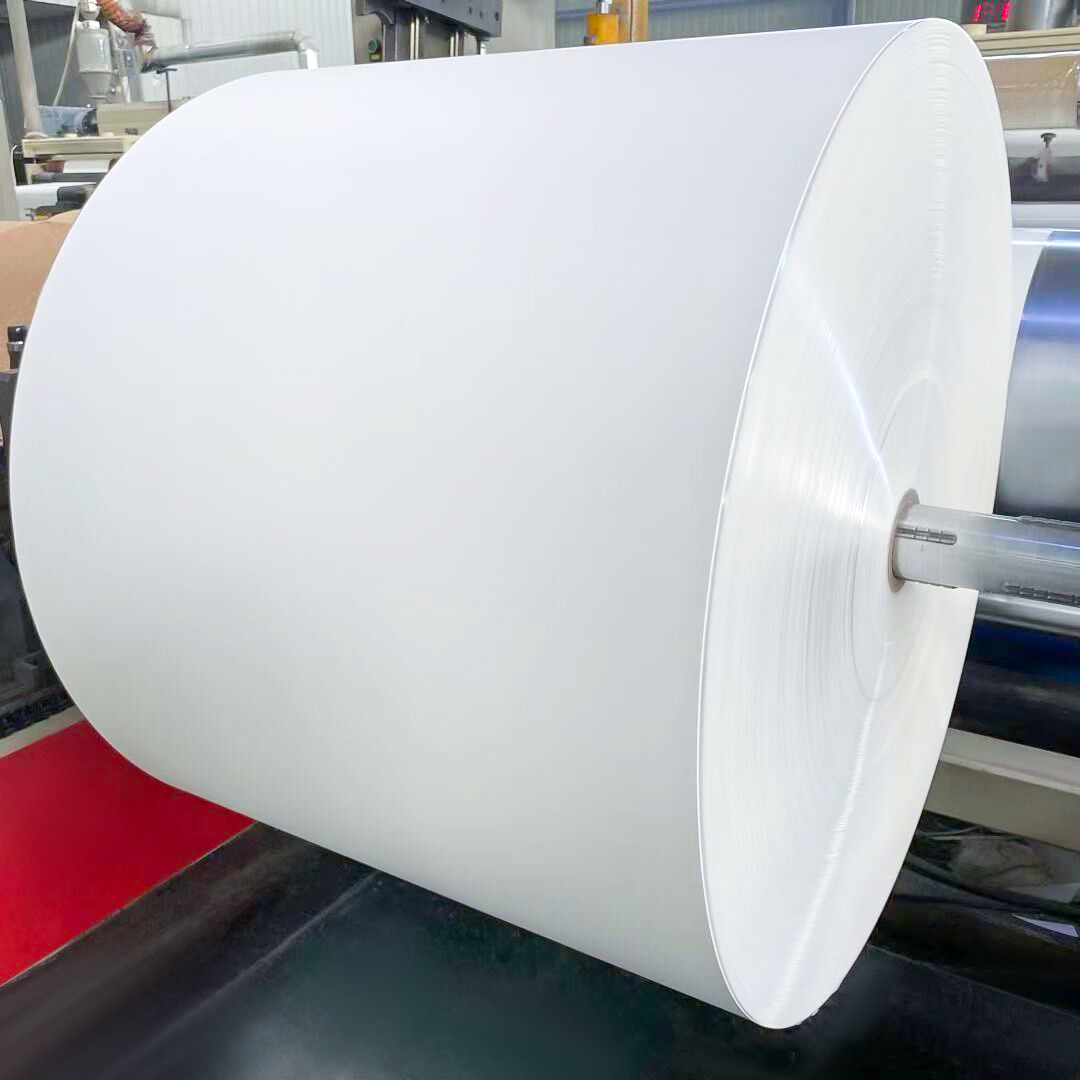Water-based barrier coated paper is a type of paper that is coated with a thin layer of water-based coating materials, providing the paper with enhanced resistance to moisture, oil, grease, and other liquids. Unlike traditional barrier coatings that rely on solvent-based chemicals, water-based coatings use water as the primary solvent, making them a safer, more environmentally friendly option.
The coating typically consists of a combination of natural materials such as starch, cellulose, and other biodegradable substances. This gives the paper excellent performance characteristics while ensuring that it remains compostable and recyclable after use.
Key Benefits of Water-Based Barrier Coated Paper
Eco-Friendly: One of the biggest advantages of water-based barrier coated paper is its environmental sustainability. It offers a biodegradable and compostable alternative to plastic-based packaging solutions. Since water is the primary solvent in the coating, the production process generates fewer volatile organic compounds (VOCs), contributing to a reduction in air pollution and greenhouse gas emissions.
Excellent Moisture and Oil Resistance: The barrier properties of the paper allow it to resist the penetration of moisture, oils, and greases, making it ideal for packaging food, beverages, and cosmetics. With water-based barrier coatings, the paper can maintain its structural integrity and prevent leaks and contamination, ensuring the safety and quality of packaged products.
Recyclability: Traditional plastic packaging is notorious for its inability to be recycled, contributing to the growing issue of plastic waste. Water-based barrier coated paper, on the other hand, can be easily recycled along with regular paper products, making it a much more sustainable choice. The water-based coating doesn't interfere with the paper's recyclability, which is a significant advantage over plastic-lined alternatives.

Versatility in Application: Water-based barrier coated paper can be used in a wide range of applications, from food packaging (e.g., sandwich wraps, takeout containers) to medical packaging (e.g., sterile wraps) and even in non-food items like cosmetics and electronics. The versatility of the material allows manufacturers to explore new possibilities in packaging design without compromising the performance or sustainability of the product.
Cost-Effective Production: While the initial cost of water-based barrier coated paper may be slightly higher than traditional paper, the long-term savings can outweigh this. With growing regulations and consumer demand for sustainable solutions, manufacturers can reduce costs associated with waste management and product disposal. Furthermore, the recyclable nature of water-based coated paper can lead to cost savings in the recycling and waste disposal process.
Applications in the Packaging Industry
Water-based barrier coated paper is being increasingly used in a variety of industries, particularly in food packaging. As concerns about plastic waste mount, the food industry is seeking alternatives that can offer both protective properties and sustainability. Water-based barrier coated paper is an excellent solution for applications such as:
Food Packaging: Packaging for greasy foods, takeaway containers, and snack wrappers all benefit from water-based barrier coatings, as they offer excellent protection against oils and moisture, ensuring that food stays fresh longer and preventing leaks during transport.
Beverage Cartons: Cartons for beverages such as milk, juice, and bottled drinks can be made with water-based barrier coated paper, offering an eco-friendly alternative to plastic or wax-coated cartons.
Cosmetic Packaging: The beauty industry is increasingly adopting water-based coated paper for packaging cosmetics and personal care items. The material helps protect the product from moisture and contaminants while remaining fully recyclable and biodegradable.


 English
English Español
Español عربى
عربى

 View More >>
View More >> View More >>
View More >> View More >>
View More >>.jpg?imageView2/2/format/jp2) View More >>
View More >> View More >>
View More >>.png?imageView2/2/format/jp2) View More >>
View More >>.jpg?imageView2/2/format/jp2) View More >>
View More >> View More >>
View More >>.png?imageView2/2/format/jp2) View More >>
View More >> View More >>
View More >> View More >>
View More >>.jpg?imageView2/2/format/jp2) View More >>
View More >>



